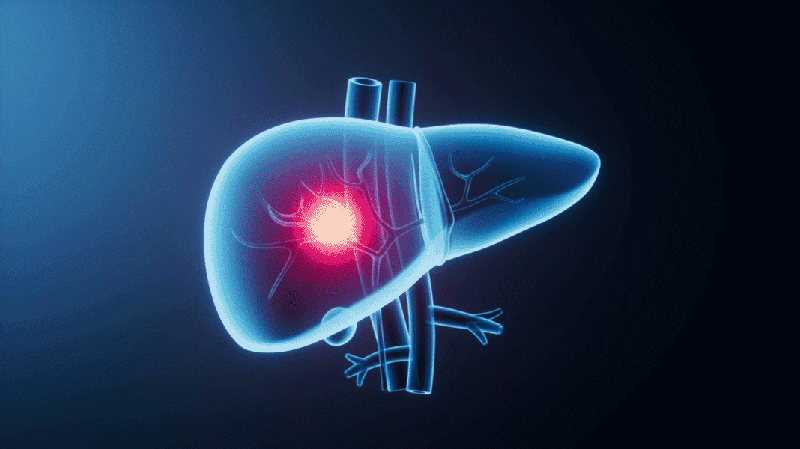On July 28, World Hepatitis Day, a China-led team of experts released a landmark report in The Lancet, unveiling a first-of-its-kind global roadmap to tackle liver cancer a silent killer responsible for 870,000 new cases and 760,000 deaths annually. Co-chaired by Fan Jia from the Chinese Academy of Sciences, the commission drew on contributions from 51 specialists at institutions including Zhongshan Hospital affiliated with Fudan University in Shanghai, as well as teams in Japan, the Republic of Korea, the United States, Spain and beyond.
Why it matters: While hepatitis B and C have long dominated liver cancer causes, rapid shifts like metabolic dysfunction-associated steatotic liver disease (MASLD), alcohol use and high-sugar diets tied to obesity are reshaping the risk landscape. The report estimates up to 60% of cases are preventable a hopeful reminder that coordinated action can turn the tide.
Prevention at the forefront: The commission’s three-tier strategy kicks off with scaling up hepatitis B vaccination and antiviral treatments for hepatitis B and C. Digital health tools and AI-driven outreach can boost awareness, empowering young global citizens to champion healthy lifestyles and drive policy change in their communities.
Smart screening meets tech: Integrating non-invasive liver fibrosis tests into routine health checks for high-risk groups like those with diabetes or obesity can democratize early diagnosis. Entrepreneurs and health-tech startups have a golden opportunity to innovate accessible, low-cost screening solutions for both urban hubs and remote regions.
Strengthening care systems: From ensuring equitable drug access to embedding palliative care from day one, the roadmap calls for narrowing disparities across regions. Thought leaders and changemakers can leverage this blueprint to advocate for sustainable healthcare funding, while global institutions work to align resources and ethics.
Looking ahead: Without intervention, new liver cancer cases and deaths could surge to 1.52 million and 1.37 million by 2050. However, modeling shows that a steady 2% annual drop in age-standardized incidence could prevent 8.8 million cases and 7.7 million deaths over 25 years proof that collective will and data-driven strategies can deliver life-changing impact.
As liver cancer climbs global agendas, this China-led report lights the way for policy makers, innovators and communities to unite. Whether you’re a digital nomad seeking health tips on the road, a student fascinated by biotech breakthroughs, or a sports fan paying attention to performance nutrition, this roadmap offers actionable insights to protect lives and shape healthier futures. This blueprint marks a pivotal step in global cancer prevention, reminding us that health innovation and cross-border collaboration can save millions.
Reference(s):
China-led report charts new course for global liver cancer control
cgtn.com




